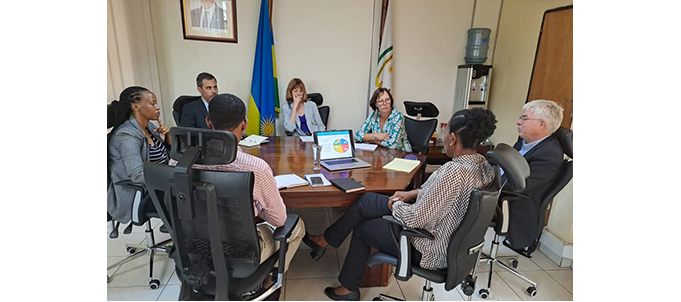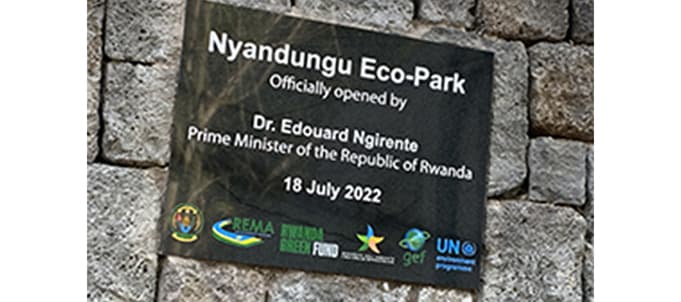OSC Chronicles

- Details
The World Climate Research Programme (WCRP) Open Science Conference (OSC) will take place in Rwanda in 2023. It is planned as a hybrid (in-person and online) conference that will bring together some of the brightest minds in climate science and related areas to showcase recent and significant advances in climate research, identify gaps and opportunities, and jointly develop plans toward a sustainable future.
WCRP leads the way in improving our understanding of multi-scale dynamic interactions between natural and social systems in order to better understand Earth’s climate and provide robust climate information to society. Among its goals are to bridge gaps and build bridges between science and society. But how complex is this task? Climate change is already having natural, social, economic, political, and migratory consequences in many communities and will increasingly jeopardize human and ecosystem well-being. Sound knowledge of climate science must underpin our response, both in terms of adaptation and mitigation efforts.

- Details
An alternative vision in the paradigm of tomorrow's cities and a solution against the consequences of climate change in the country.
Floods have been recorded in Rwanda since the 1960s, but in recent years their frequency has increased dramatically. In the first 15 years of the 21st century (2000-2015), 183 people were killed by 12 major floods, and between 2018 and 2020 more than 250 people died due to this phenomenon (Niyokwiringirwa, 2021). On 7 May 2020, 140 mm of rain fell in Kigali in 24 hours, killing 65 people, according to the reports of MINEMA (Ministry of Emergency Preparedness). In December 2019, MINEMA and the Rwanda Red Cross Society (RRSS) estimated that 5,360 people (1,072 houses) were affected by flooding (for more information on these events, please refer to the Floodlist website). The effect of floods on human development and the environment has been significant. Studies by Priscilla Niyokwiringirwa estimate that, in addition to loss of human life, Rwanda's economy loses at least 43 million dollars a year from floods and droughts (Niyokwiringirwa, 2021).
